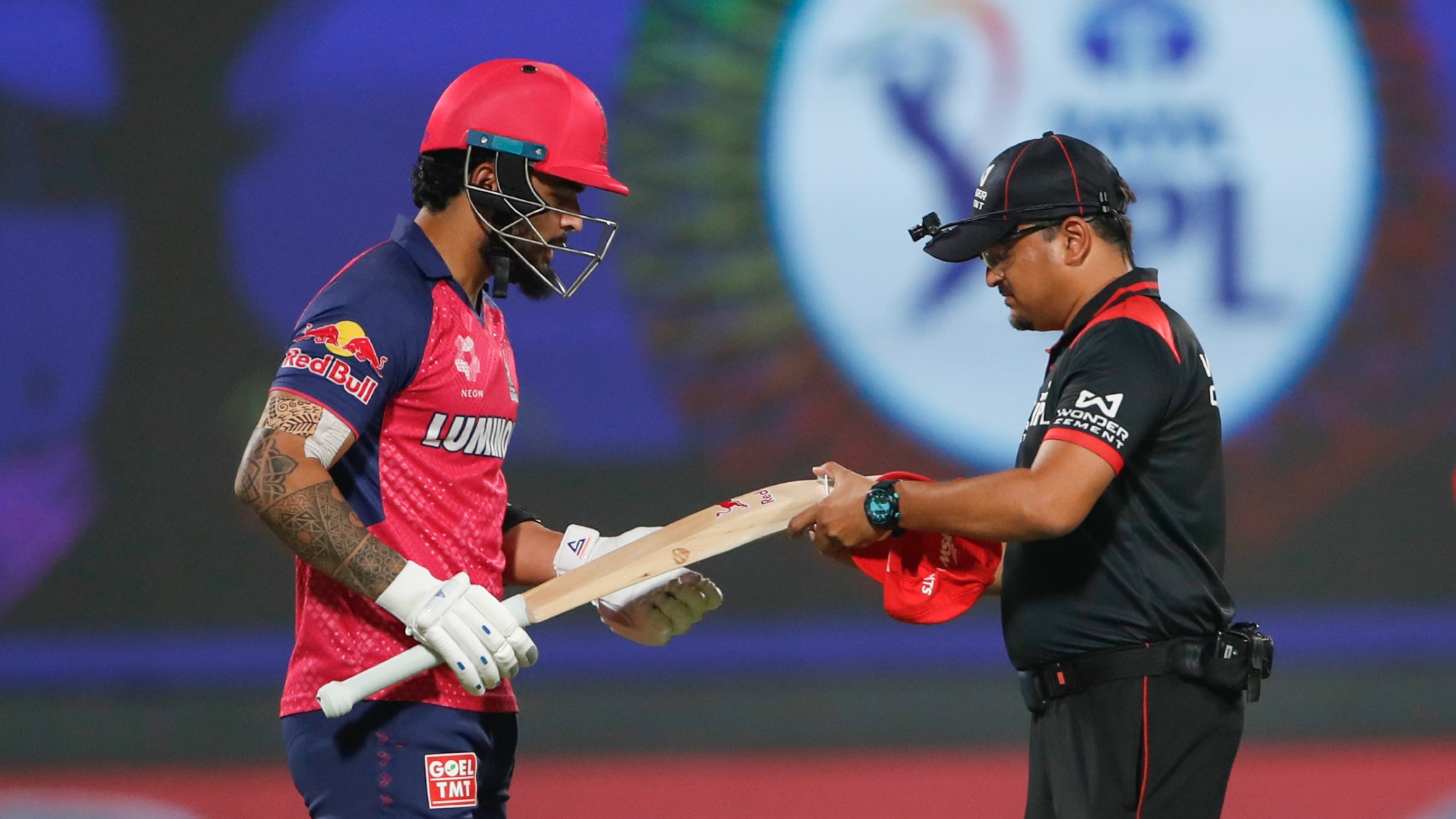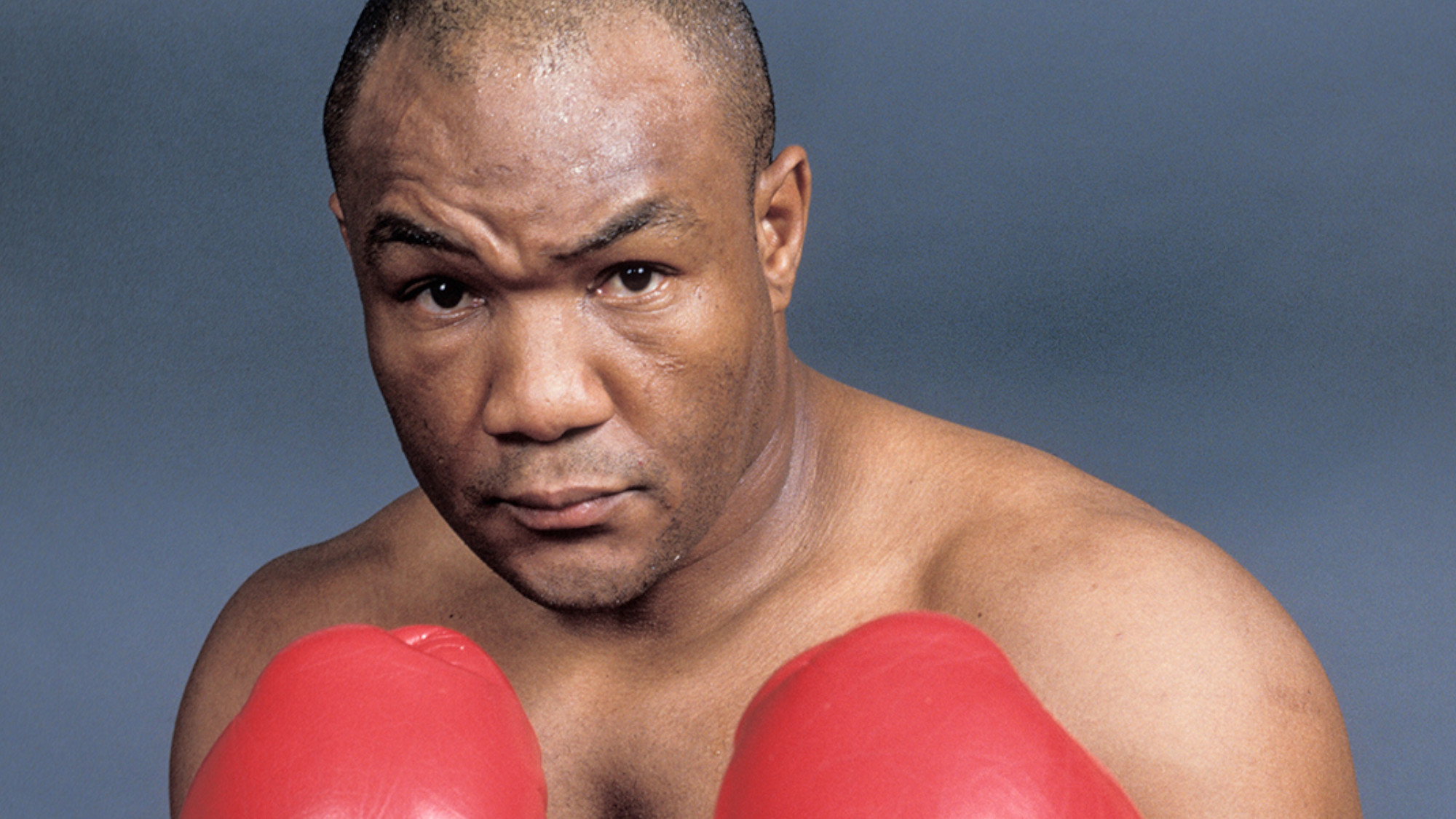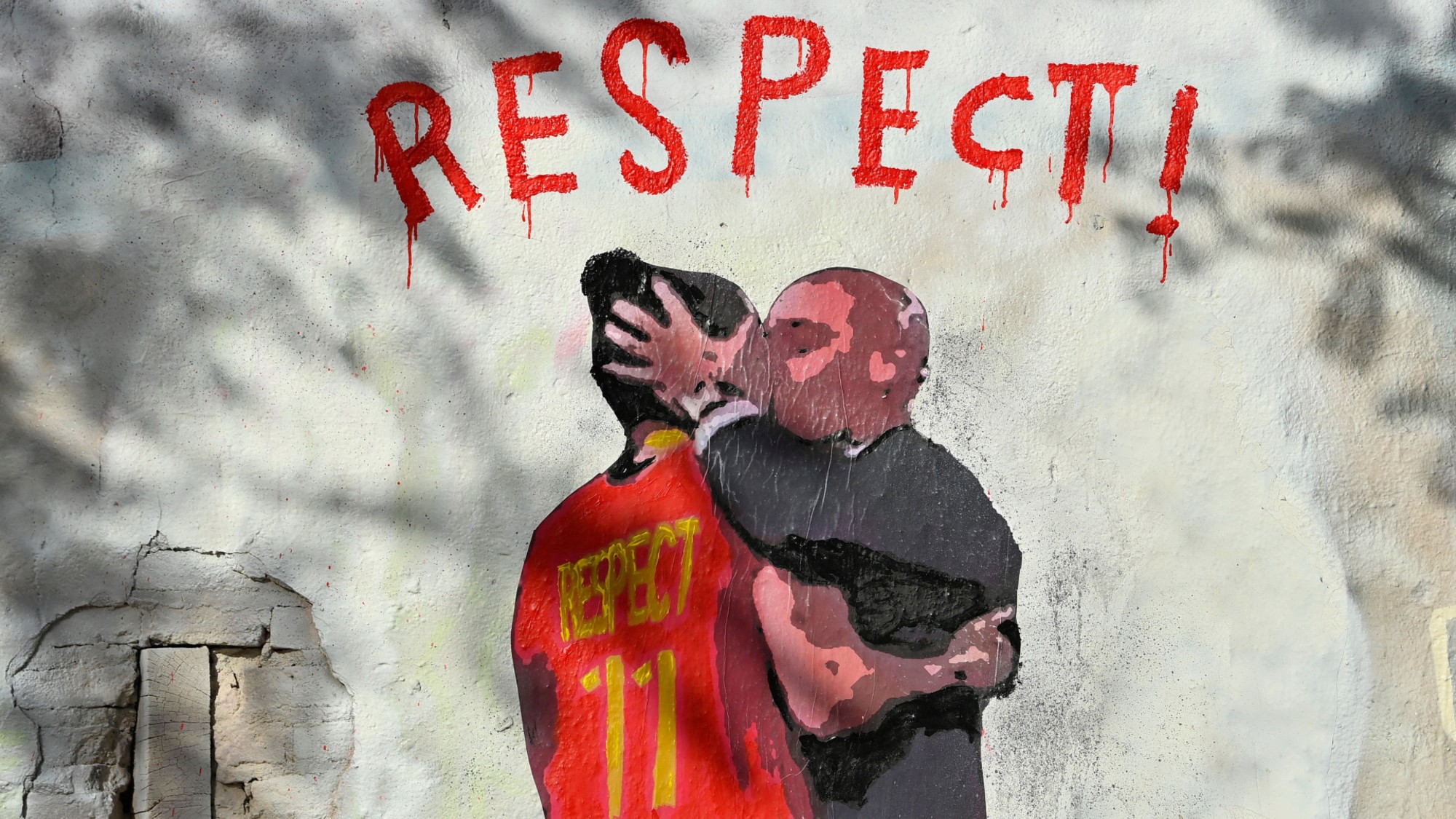Why Jannik Sinner's ban has divided the tennis world
The timing of the suspension handed down to the world's best male tennis player has been met with scepticism

A free daily email with the biggest news stories of the day – and the best features from TheWeek.com
You are now subscribed
Your newsletter sign-up was successful
Nick Kyrgios called it a "sad day for tennis"; Tim Henman said it "leaves a pretty sour taste". Last Saturday, it was announced that the world's best player, Jannik Sinner, had negotiated a settlement with the World Anti-Doping Agency (Wada) over offences committed last March, and would be banned for just three months.
Sinner twice tested positive for the banned steroid clostebol, said Stuart Fraser in The Times. He claimed the substance had entered his system accidentally, as a result of it being present in an over-the-counter spray used by his physiotherapist to treat a small wound. And last August, a tribunal cleared Sinner of any wrongdoing. But that decision was appealed by Wada, on the grounds that even if the Italian wasn't personally at fault, he was still responsible for mistakes by his team. At a hearing scheduled for April, Wada said it would seek a one-year ban. But a compromise agreement has been reached which bans Sinner until 4 May – allowing him to return for the French Open.
This outcome fits Sinner's interests so precisely as to almost seem like no punishment at all, said Simon Briggs in The Daily Telegraph. Had his ban started after Wada's appeal was due to be heard, he would have missed both Roland-Garros and Wimbledon. As it is, he will be able to put his feet up during the "dog days of late winter and early spring", before returning for the crucial summer tournaments.
The Week
Escape your echo chamber. Get the facts behind the news, plus analysis from multiple perspectives.

Sign up for The Week's Free Newsletters
From our morning news briefing to a weekly Good News Newsletter, get the best of The Week delivered directly to your inbox.
From our morning news briefing to a weekly Good News Newsletter, get the best of The Week delivered directly to your inbox.
"He has timed it all as sweetly as one of his whiplash forehands", and that's what is angering many people, said Matthew Lambwell in The Mail on Sunday. Sinner's case, and that of women's No. 2 Iga Swiatek (who last year received a month-long ban after testing positive for a prohibited substance), contrast starkly with that of some lower-ranked players. Take Britain's Tara Moore, who in 2022 was banned after testing positive for nandrolone metabolites and Boldenone. After 19 months of tortuous wrangling, "the source was found to be contaminated meat at a local restaurant", and Moore was cleared. But "the saga evaporated her life savings and stuck her £200,000 in debt". Her career has never recovered. Sinner gets a free pass; yet when lower-ranked players face career-threatening charges, the sport does next to nothing to help.
Some action is at least on the horizon, said Charlie Eccleshare on The Athletic. The Professional Tennis Players Association recently announced plans to give all players access to pro-bono legal support. That may help players in Moore's situation, but won't do much to shift the general perception that tennis is a sport that gives "preferential treatment" to its elites. The "two-tiered resentment" this generates, and which Sinner's case has so clearly illustrated, "does not look likely to fade away any time soon".
A free daily email with the biggest news stories of the day – and the best features from TheWeek.com
-
 Switzerland could vote to cap its population
Switzerland could vote to cap its populationUnder the Radar Swiss People’s Party proposes referendum on radical anti-immigration measure to limit residents to 10 million
-
 Political cartoons for February 15
Political cartoons for February 15Cartoons Sunday's political cartoons include political ventriloquism, Europe in the middle, and more
-
 The broken water companies failing England and Wales
The broken water companies failing England and WalesExplainer With rising bills, deteriorating river health and a lack of investment, regulators face an uphill battle to stabilise the industry
-
 The price of sporting glory
The price of sporting gloryFeature The Milan-Cortina Winter Olympics kicked off this week. Will Italy regret playing host?
-
 Hulk Hogan
Hulk HoganFeature The pro wrestler who turned heel in art and life
-
 Cricket's crackdown on 'monster' bats
Cricket's crackdown on 'monster' batsIn the Spotlight Indian Premier League has introduced on-pitch checks to ensure bats meet strict size limits
-
 The Masters: Rory McIlroy finally banishes his demons
The Masters: Rory McIlroy finally banishes his demonsIn the Spotlight McIlroy's grand slam triumph will go down as 'one of the greatest and most courageous victories in the history of golf'
-
 George Foreman: The boxing champ who reinvented home grills
George Foreman: The boxing champ who reinvented home grillsFeature He helped define boxing’s golden era
-
 When 'a kiss is not a kiss': Spanish football on trial
When 'a kiss is not a kiss': Spanish football on trialTalking Point Luis Rubiales faces up to two-and-a-half years in jail if convicted of sexually assaulting footballer Jenni Hermoso
-
 Denis Law obituary: fond farewell to 'the King of the Stretford End'
Denis Law obituary: fond farewell to 'the King of the Stretford End'In the Spotlight Scottish footballer who was one of Manchester United's 'Holy Trinity' has died aged 84
-
 Why Man United finally lost patience with ten Hag
Why Man United finally lost patience with ten HagTalking Point After another loss United sacked ten Hag in hopes of success in the Champion's League